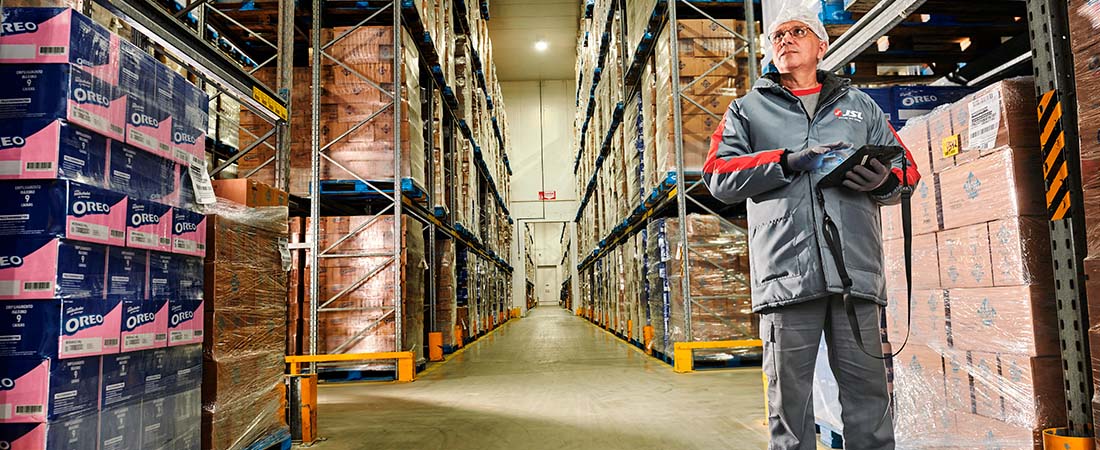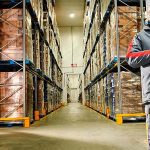
Understand the influence of sustainability in the logistics segment.
Autor: - 10 de Jun de 2022

Adopting sustainability practices in the logistics service is essential to bring benefits to the environment and a great differential for your company!
Every year, there are several changes in society. New technologies are created, agendas are debated in the main forums and actions are taken. All this with a single objective: to continue evolving.
Currently, one of the most debated topics is sustainability. This is because the large emissions of polluting gases, mainly from motor vehicles, are harming the environment and causing many climate changes. For this reason, scientists around the world have been looking for ways to make the planet a better place.
In addition, the adoption of sustainable practices is transforming the reality of many companies, whether small, medium or large, but what is the influence of sustainability in the logistics segment?
What is the purpose of the logistics sector?
Before understanding this influence, it is necessary to know that the logistics segment has as its main objective to coordinate all stages of the transportation of goods, so as to meet the needs of customers.
With that, we can say that logistics involves a whole process of planning and executing the storage and transportation of products, whether for the domestic or foreign market.
It is important to understand that in this procedure, with many steps, there is inventory management, demand forecasting, transportation of goods, among others, but what is the relationship between logistics and sustainability?
Relationship between sustainability and the logistics segment

With the main objective of carrying out effective transportation of goods, ensuring that they reach the final customer, it is necessary to have a fleet of vehicles for the goods to move from the companies to their destination. However, vehicles are one of the biggest emitters of polluting gases.
According to data from the Institute for Transportation and Development Policy (ITDP), for example, almost half (48%) of emissions in Brazil are linked to the transportation sector.
With this in mind, the degradation of the environment is also related to the logistics sector, and sustainability is the best way to change this scenario.
This is because sustainable practices deal with a better use of resources, promoting the preservation of the environment through reforestation, reducing the use of plastic, reducing the use of fossil fuels, among others, but how to apply this in logistics?
Reverse logistic
Being a great differential for companies, reverse logistics is a practice that makes a lot of difference not only for the environment, but also for society, through the reuse of some resources and materials, recycling of equipment that is at the end of its useful life and also with the return of products.
Therefore, we can say that reverse logistics is the reintegration of goods into the production chain, such as a recyclable glass bottle, a can of soda, among others. By making this reuse, the company is reducing the production of these materials and helping to preserve the environment.
Vehicles with low emissions of polluting gases
The evolution of technology in recent decades has allowed the existence of vehicles that do not need fossil fuels to get around, such as electric vehicles.
Modes of transportation that use electricity as fuel help to reduce the emission of polluting gases and of the gases that cause the greenhouse effect.
Therefore, using them as a means of transporting goods is a sustainable practice to be adopted by the logistics sector, since this type of car has proven to be quite efficient. The trend is for them to be used more and more around the world.
Better route planning
When we talk about the logistics sector and the goods delivery process, one of its main steps, without a doubt, is route planning. Through it, it is possible to define routes that can reduce both delivery time and the use of fossil fuels and, consequently, reduce emissions of polluting gases.





